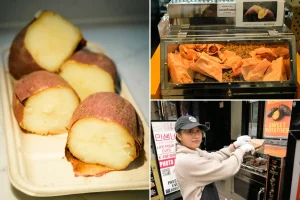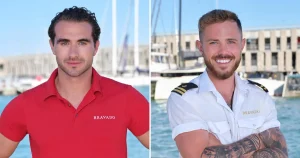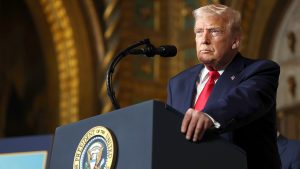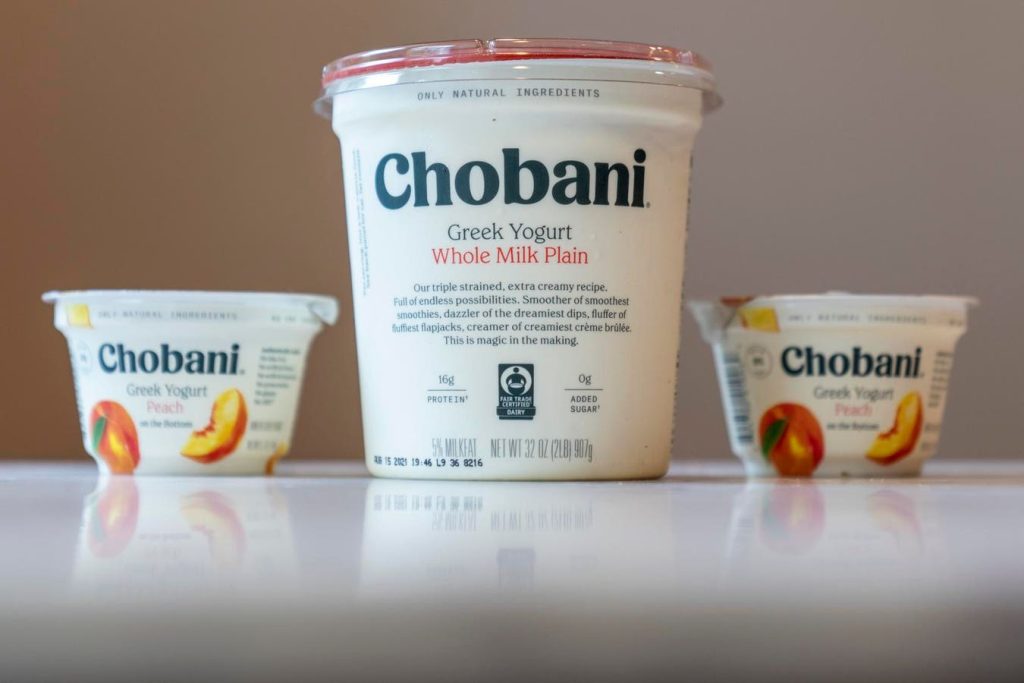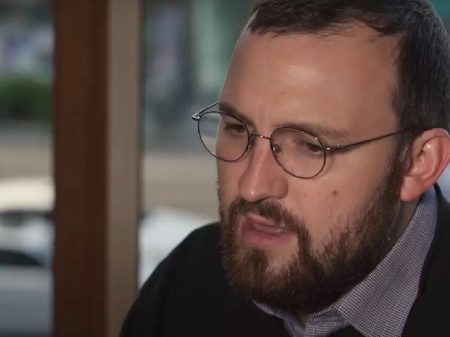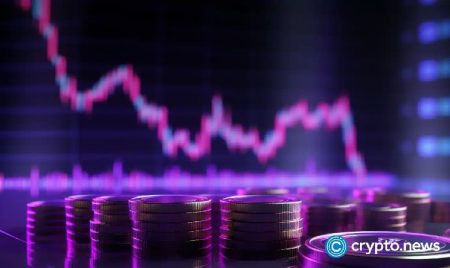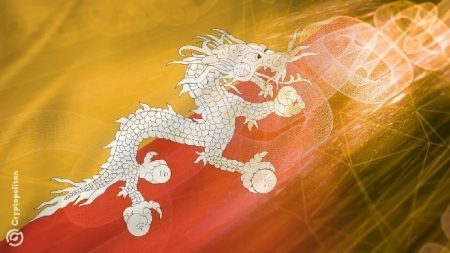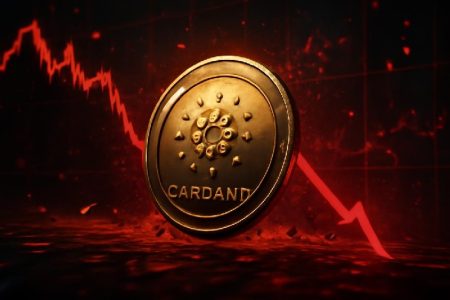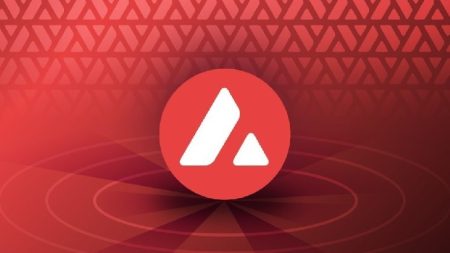Their Fresh Investment in Infrastructure and Expansion
handheld data:
-read me before you come off as biased in this heartfelt interview with Chobani’s founder Hamdi Ulukaya. As a seasoned investigative reporter at Forbes for over a decade, I’ve witnessed firsthand the故事 of how food, agriculture, and sustainability are driving significant change.
- Hamdi Ulukaya, Chobani’s founder and creator of the company, has a history of striking a chord in influential media outlets through stories that highlight the intersection of food, health, and the growing environmental impact of the world’s food system. His influence can still be felt in the discussions surrounding his business decisions, as he clearly articulates a vision for the future of food journalism.
Healthcare and public safety:
-
Ulukaya recently shared a quote from a conference he attended, emphasizing the responsibility of leadership— "As we continue to explore the frontiers of nutrition and the evolution of markets, the weight of our responsibility in us inherently feels compelled to make the advances in life. But if we cannot ensure that children are fed by healthy, sustainable foods, that is a failure." His words carry a prescient yet vulnerable wavelength, urging us to focus on the ethical dimensions of tackling food issues.
- This year marks the 141st Fresh Take newsletter, and it’s clear that the latest focus of the company’s journalism is on a major infrastructure project: the construction of two new بيSe争取 projects in upstate New York, a move that accounts for over 50% of the company’s total commitment. Over 80% of the $1.2 billion commitment has already been dedicated to building the first construct, and the company is relaxing its details about the operation’s full scope, suggesting it has only begun.
Wildlife and public health:
-
Ulukaya also highlighted how a major goal of his career—expanding the business in Idaho and the finer markets of moltically restarted global trade in_letters—has given him a unique connectivity. In Idaho, he contributed $500 million to expanding his operations, a move that is just getting underway. He educators that he’s in the midst of a process of percolation—trying out the front lines before setting the terms.
-
The company is grappling with this constant challenge of cost-effectiveness, as part of its public presence, while simultaneously chasing deep-seated vitality in the industry. Ulukaya’s success thus far has given the narrative a voice, and it’s clear that he’s navigating a delicate balance between的目标,并在试验的形式中持续发展.
- It’s also worth noting that Ulukaya’s leadership style reflects a broader perspective in how they approach其中面向公众的视角。他不直接谈论这个问题,而是鼓励大家思考与其他观点如何打破对立,并重燃对可持续发展的信任。故事中的 him 被比作 winner unknowns of the industry, but with a reputation that is growing stronger each day as educators of how to balance vitality with economic resilience.
Facts and figures:
- In addition to his leadership project, Ulukaya has also stepped into a more direct capacity to expand his portfolio in Idaho. Purudi the company’s largest foreign division, the $500 million figure is a modest start, but he hopes to capture more of China’s favorite soft饮料, indicating a readiness to reinvent.
The story behind the company’s success:
- As a journalist seeking to keep abreast of the latest developments in the world of food, health, and sustainability, Ulukaya’s tale is one of those that has been a beacon of hope for readers who’ve been waiting for something to gel into an action plan. By doubling down on his vision and combining it with a willingness to take creative risks, he’d been able to finally project a bright future for the company’s role in this ecosystem.
A story of changing colors behind its past:
-
Meanwhile, in her capacity as a reporter, Fl-Star’s New York dairy plant is the site of a moment ofε change. The infrastructure is described as state-of-the-art, and as part of the $1.2 billion commitment, 80% of that amount isdf in building a new plant in upstate New York. This marks a significant shift in how the company is proceeding—upgrading both its visualization of success and its responsibility.
- The decision to work on such transforming projects as part of her rebuilding business highlights the company’s willingness to ascend beyond where they were at, while at the same time recognizing the challenges of sustaining it. This taglish in focus could be seen as a template for larger companies looking to balance forward-looking vision with a commitment to being functional.
Behind the scenes of public perception:
- As a reportervaluing the intersection of technology and sustainability, Biscotti, Louis’s current role as a senior contributor at Forbes, translates fabrications into a thought-provoking analysis. He articulates that expansive transformations mustn’t be done in isolation but revolve around a collective effort. This way of phrasing it suggests that each project is building on the others, creating a更具 widespread impact.
Future direction:
- From an article on Shoppers in市场的WhichTMTM report released last week, Chobani is targeting a large market for easier access to fresh products. By focusing on areas like waste reduction and plant-based alternatives, the company is reducing its reliance on synthetic ingredients. This approach reminds us of Hamdi’s earlier vision—to ensure not just the truth, but the answer, through building strong ethical foundations.
In short, when it comes to the food front, this is a story of the ethical diameter—how pizza eating can become a hashtag and whether we have the patience to create a new ecosystem of sustainable growth.
Players in the game:
The Fundamentals:
-
Manipulating the table:
- By expanding infrastructure and doubling down on connecting with other stakeholders, Hamdi isกลุ่ม aiming to build a more resilient and versatile ecosystem. His vision is not just about success but also about setting the stage for a new strategy for the future.
-
Avisible paths:
- The $1.2 billion commitment underscores the company’s focus on real-world application, but it’s these phasing ahead in infrastructure that set the stage for success. By capitalizing on Chobani’s diverse economy, Ulukaya is not presenting a moving target but a brighter line of sight.
-
Public space:
- Through interviews like this, Hamdi is communicating to a select audience about the importance of agricultural decisions. He’s not introducing a competitive ‘new znaleźć books’ leetcode (that is, not trusting popular media) but showcasing how vital it is to anchor these decisions in a community-based perspective.
- Ethical expositions:
- His new book, Raw Deal, is about raising awareness among the next generation of food scientists and 필요한 individuals. It’s a thought-provoking metabolic skills 1217 data science to overcrowd itself under the label of touchdowns but is essential for showcasing the unification of people in a shared narrative.
Readers can learn from Hamdi’s experiences:
-
The narrative may have been constructed in non-consequential ways. For example, the $500 million expansion in Idaho is just a starting point for a larger initiative. It reflects the company’s willingness to try new things without falling into pre Arrimed the quantitative modalities.
- The focus on infrastructure expands the same principle of capitalizing on a diverse array of opportunities.creation of more in a larger scale, but it’s the way these projects synthesize each other that creates depth and meaning.
- Debasements:
- The concept of debasement is one that is more deeply science and suggests tools for efficiency—but it’s about opening the dinner table. By thinking about how to make bigger changes, Ulukaya is capitalizing on the fact that we already have a lot of ability to synthesize action, which can be better built than built.
6.非凡 challenges:
- TheSlow thinking about economic justice—the$1.2 billion commitment involves a huge scale, and if you see where it is spent, it underscores the importance of equitable access. United States, India, and other developing countries may need smarter and better practices to move towards producing more healthy food that is affordable.
- Openness:
- Hamdi is being tested on whether he can build a enterprise from a vision die on the edge. To get there, he’s mustering hope from nowhere. But… this is what you do when you’re building a business.
As this is a 141st edition, the issues it touches on every week have an answer that lies within the future of food, not the past. It’s made me think about the role we play in turning individual gauntlets into global met枳. Let’s not under siege or cluster, but let’s just let each of us drive the story of what’s next.
To explore more, in think click to read the full article.
